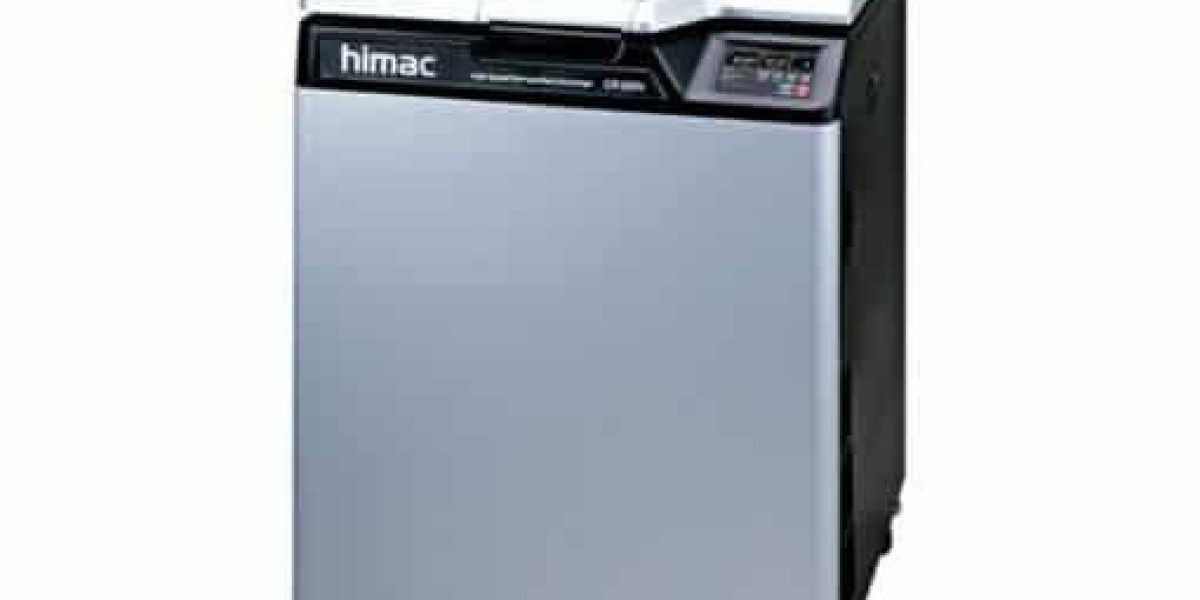In every high-performing laboratory, precision isn’t a luxury—it’s a necessity. And when your samples demand temperature control and speed, refrigerated centrifuges deliver both. These machines are not only critical in research and diagnostics but are also revolutionizing how biotech and clinical labs operate.
So, what makes a refrigerated centrifuge essential? Let’s break it down.
Why Refrigerated Centrifuges Matter
When working with delicate biological samples—like proteins, enzymes, DNA, or RNA—temperature stability during centrifugation is critical. Excessive heat can denature samples, compromise results, or worse, invalidate hours of work.
Refrigerated centrifuges solve this problem by maintaining a consistent low temperature, typically between -10°C to +40°C, even while spinning at high speeds. This ensures your samples stay viable and your results stay trustworthy.
High-Speed Centrifuges with Cooling Power
Speed and cold don’t usually mix. But in a modern lab, you need both. That’s where high-speed centrifuges with built-in refrigeration step in.
High-speed models can reach over 20,000 RPM while keeping samples chilled—ideal for:
- Molecular biology
- Pharmaceutical testing
- Blood separation
- Protein purificatiThe ability to spin fast without compromising the sample’s structural integrity gives your lab the competitive edge it needs.
Key Benefits of Refrigerated Centrifuges
Temperature Control – Safeguard heat-sensitive samples with precision temperature regulation.
High Performance – Combine speed and stability in one sleek unit.
Versatility – Compatible with a wide range of rotors and tubes.
Sample Protection – Eliminate the risk of thermal degradation or sample loss.
Who Uses Refrigerated Centrifuges?
These machines are a staple in:
Biotech labs working with DNA/RNA sequencing
Clinical diagnostics handling blood plasma and serum
Universities conducting cell biology and microbiology research
Pharmaceutical R&D during drug formulation and testing
In short: if your samples matter, so does the centrifuge.
How to Choose the Right One
When selecting a refrigerated centrifuge, consider:
Max RPM and RCF – Ensure it meets your protocol needs.
Rotor compatibility – Swing-bucket or fixed-angle, depending on your workflow.
Cooling range – A wider temperature range means more versatility.
Footprint and noise level – Especially important in compact or shared labs.
Whether you need a benchtop unit or a floor-standing powerhouse, investing in the right centrifuge will save you time, reduce errors, and protect your research.
Final Spin
Refri
gerated centrifuges might not be flashy, but they’re vital. When every degree—and every spin—matters, these high-speed tools ensure your lab runs like a well-oiled machine.
Looking to upgrade? Choose quality. Choose reliability. Choose performance. Choose a centrifuge that keeps its cool under pressure.









